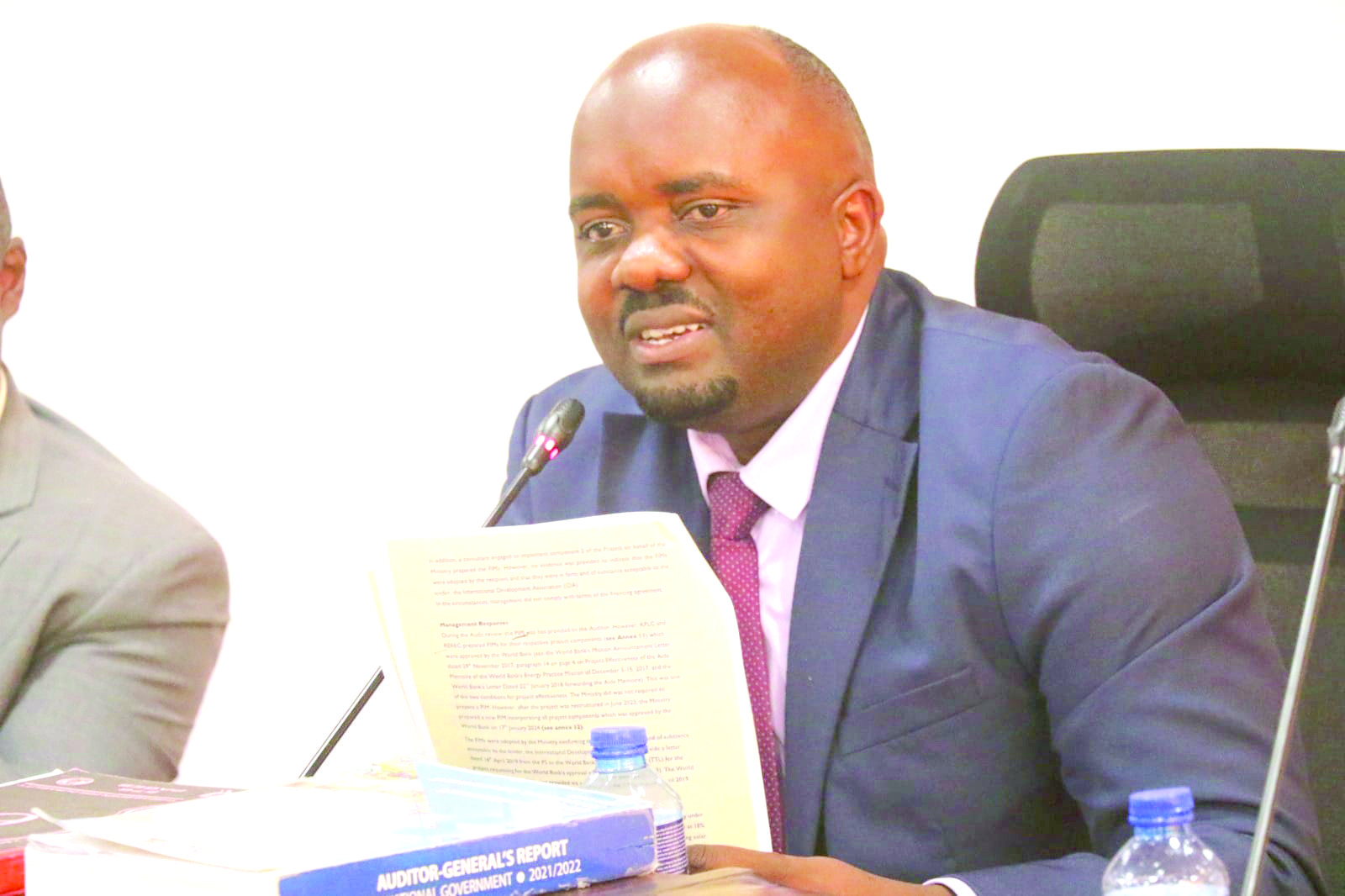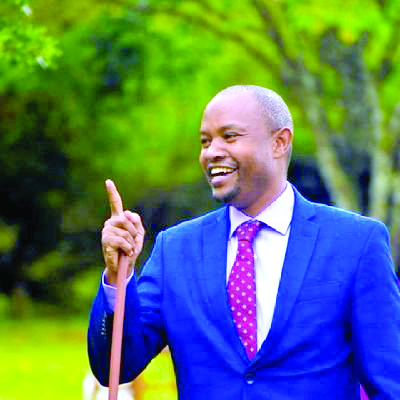MPs query State funding to students in private varsities

Lawmakers have questioned how the government sponsored students in private universities who had not been placed by Kenya Universities and Colleges Central Placement Service (KUCCPS).
This came on the day it emerged that private universities were unwilling to share data of how the Sh3.1 billion expended to them was shared among the beneficiary students.
MPs who sit in the Public Accounts Committee (PAC) chaired by Butere’s Tindi Mwale, took to task Higher Education Principal Secretary Beatrice Inyangala to explain why the government funded private universities which are money-making institutions.
The move followed revelation by the Auditor General Nancy Gathungu’s report that of the money, an expenditure of Sh201.6 million, was disbursed to 15 universities in respect to capitation grants for 4,521 students who were not placed by KUCCPS, Sh412.7 million in respect of capitation grants for 9,489 students who had stayed beyond the durations of the course programmes they were undertaking, Sh17.77 million in respect to double payment of capitation grants, Sh354.19 million in respect of capitation grants for students who had already graduated and Sh53.59 million disbursed to students who had deferred their studies or were on long academic leave.
MPs Mwale, Nabii Nabwera (Lugari), Joseph Emathe (Turkana Central) Geoffrey Ruku (Mbeere North), Otiende Amollo (Rarieda), Naisula Lesuuda (Samburu West) and Edwin Gichuki (Mathioya) said there is need for them to do a thorough audit of how the government spent money on private universities at the expense of public universities.
“Madam PS, if you are saying students had differed and still money was sent to them is a clear indication that you are funding a private business to trade so that it makes profits. Is that the essence of this programme? Please tell us,” asked Nabwera.
Ruku said it is unacceptable that the government is funding private universities to make profits yet the same is not deposited in the consolidated account.
“This is a clear case of the capture of the Ministry of Education by people with private interests. It is unacceptable that public resources have been used to fund private universities to make them make money,” he said. “The government is giving private entities public resources so that they can achieve their end game of making profits and we didn’t see this profit getting into the consolidated fund.”
Emathe said the discrepancies in the distribution of funds is what has crippled universities, a move that should be stopped. “Disbursing billions to private universities is just too much. Why can’t we use this money to renovate and upgrade public universities.
Mugo and Otiende said there is a need for the committee to scrutinise the special audit report done on the funding of private universities to establish how much money has so far been spent on the said universities.
Institutional Transfers
Lesuuda said it was a mistake from the beginning to fund private universities with public money.
But speaking Inyangala who was accompanied by Acting Universities Funding Acting Chief Executive Edwin Wanyonyi although said that the government had stopped funding private universities explained that after an analysis done by UF had established that all the 4521 students had been placed by KUCCPS contrary to claims by the Auditor General.
Said Wanyonyi: “As part of its standard funding procedure, (UF) usually validates students’ placements in various universities with KUCCPS before preparing the apportionment schedules for disbursement. KUCCPS conducts this validation and confirms to UF the placement details of the students. During its review, the Office of the Auditor General (OAG) relied on KUCCPS’s initial placement data without capturing subsequent transfers (Institutional Transfers) from public universities to private universities or even from one private university to another.”
With regards to the Sh412,729,628 allocated to 9,489 students who exceeded the duration of their academic programs, Wanyonyi said that the analysis done by UF confirmed that 5,154 students exceeded their study level, and the corresponding expenditure amounting to Sh183.8 million.
Budgets moved
He said: “The variance between the OAG findings and UF analysis shows a difference of 4,335 students and Sh228,928,718.10 in expenditure. It was confirmed that the students exceeded their expected academic programme duration for the following reasons: inability to pay their tuition fees, leading to delays in completion, repetition of classes, and some falling sick.
Indeed, during the Covid-19 pandemic, academic programmes were disrupted, leading to longer duration of programmes. Annex Four represents the list of students who were funded exceeding their study level, and their circumstance.”
When asked whether they had demanded that the universities refund the money not spent, Wanyonyi explained that some of the universities argued that the government still owes them money while in other cases they claimed that the students had transferred and thus their budgets had also been moved.
He said: “So far Sh4,441,597.10 have been recovered. Other universities, in their responses to UF, suggested that the money should be recovered from the capitation owed to them by the government.”
On the Sh17.77 million disbursed to 387 students who received funds twice as duplicates Wanyonyi clarified that only 212 students had double payment amounting to Sh13.3 million.












